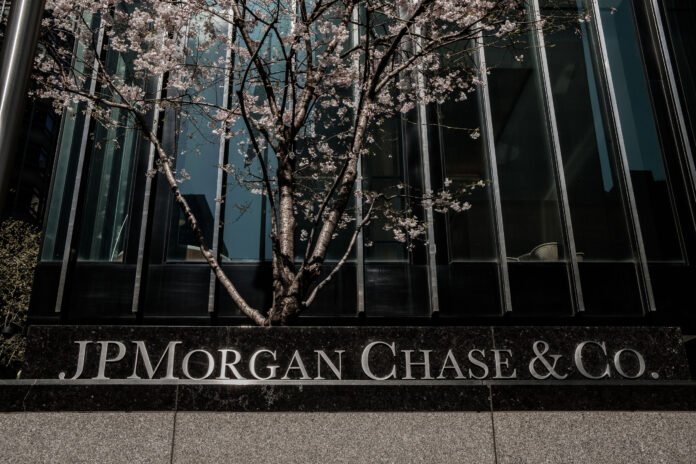A vendor cyberattack may have exposed client data from several major U.S. banks, including JPMorgan Chase, Citi, and Morgan Stanley. SitusAMC reported the attack on November 12. This vendor cyberattack highlights the growing risks associated with third-party service providers in the financial sector.
SitusAMC confirmed that attackers accessed certain information from its systems. The company warned that some client data may also have been affected. However, it did not name the financial institutions involved.
The vendor said attackers compromised corporate documents, accounting records, and legal contracts tied to client transactions. CEO Michael Franco said the firm is actively analyzing affected files and has notified law enforcement.
Meanwhile, FBI Director Kash Patel said the agency is working with impacted organizations. He added that, so far, the incident has not disrupted banking operations.
SitusAMC reported that it contained the breach. Services remain fully operational, and attackers did not deploy encrypting malware. This suggests that, while sensitive data may have been accessed, banks’ day-to-day operations remain secure.
Experts warn that vendor cyberattacks pose major risks to financial institutions. Even without operational disruption, exposed corporate and client data can cause regulatory scrutiny, reputational damage, and financial losses. Consequently, banks increasingly prioritize third-party cybersecurity assessments.
JPMorgan Chase, Citi, and Morgan Stanley have not commented publicly on the incident. Analysts say regulators and investors will closely monitor their responses.
The incident highlights the broader implications of third-party risk management. Vendors handle sensitive client data, so breaches can affect multiple institutions simultaneously. Therefore, companies must implement strong cybersecurity protocols and continuous monitoring.
Looking ahead, investigators will evaluate the breach’s scope and determine whether institutions need additional controls. The vendor cyberattack may also prompt regulators to issue updated guidance on third-party cybersecurity.
This event underscores the importance of proactive cybersecurity measures for financial institutions and their vendors. Firms must balance operational efficiency with strong security measures to prevent future breaches.
For more business updates, visit DC Brief.


